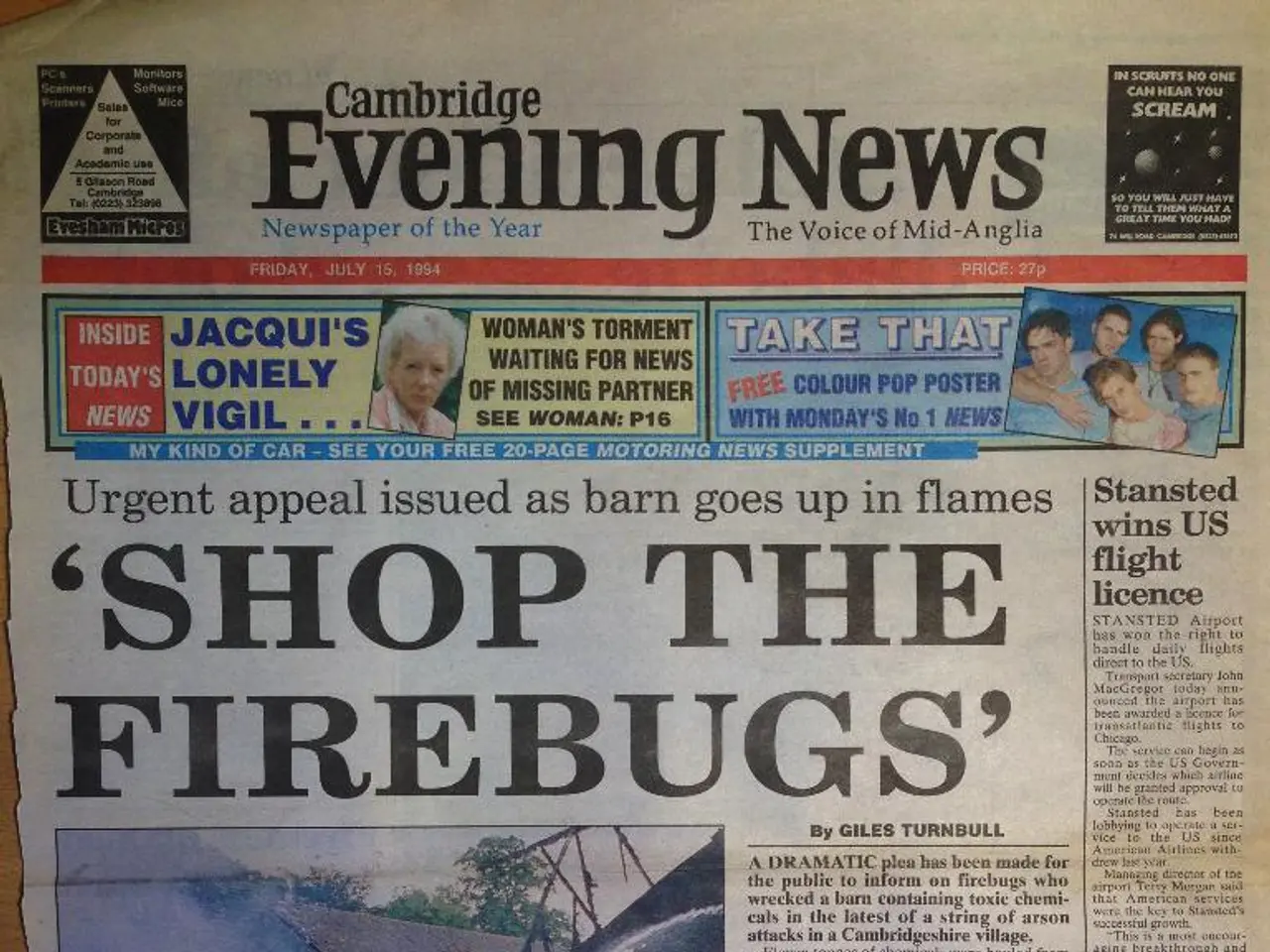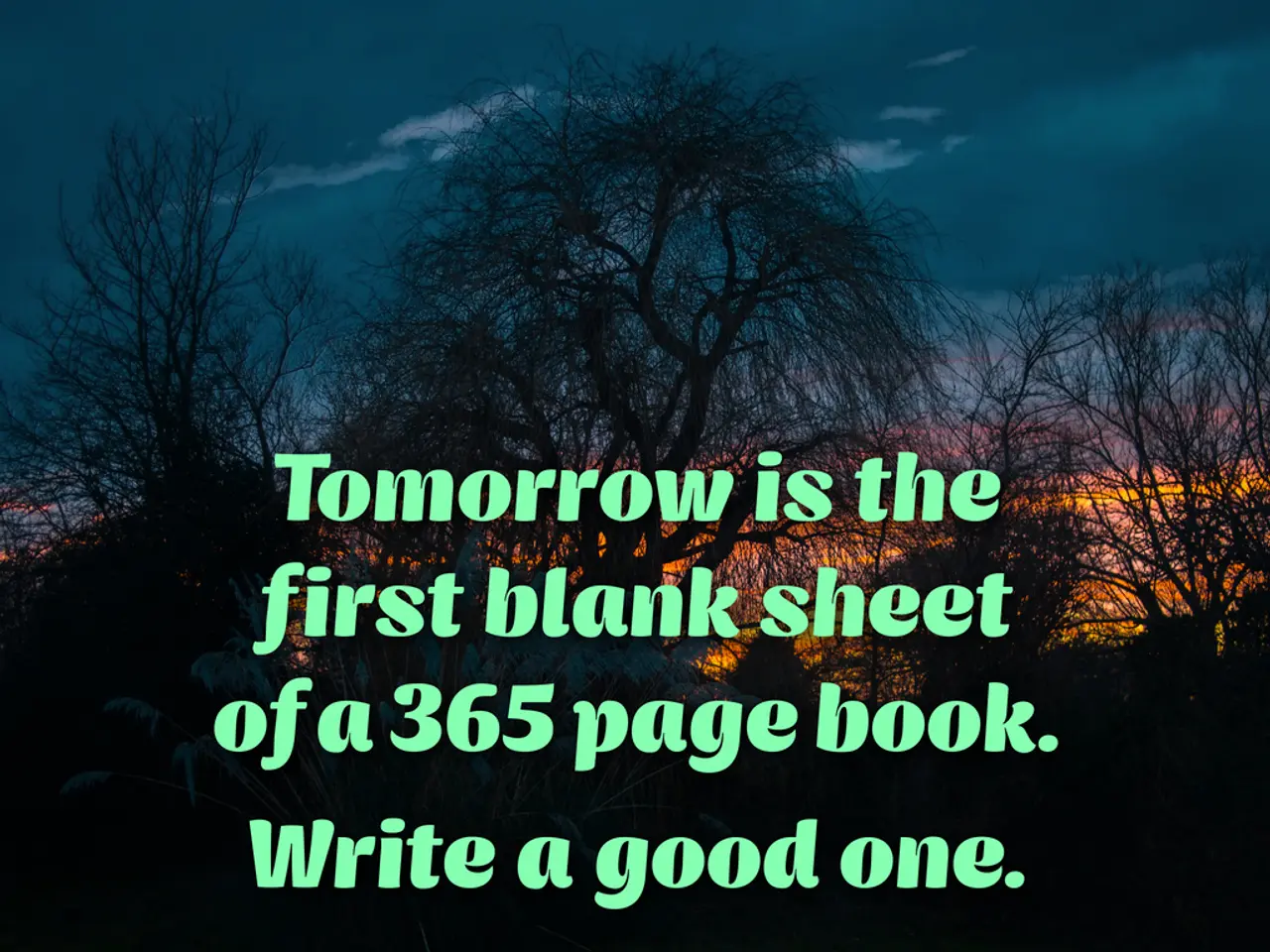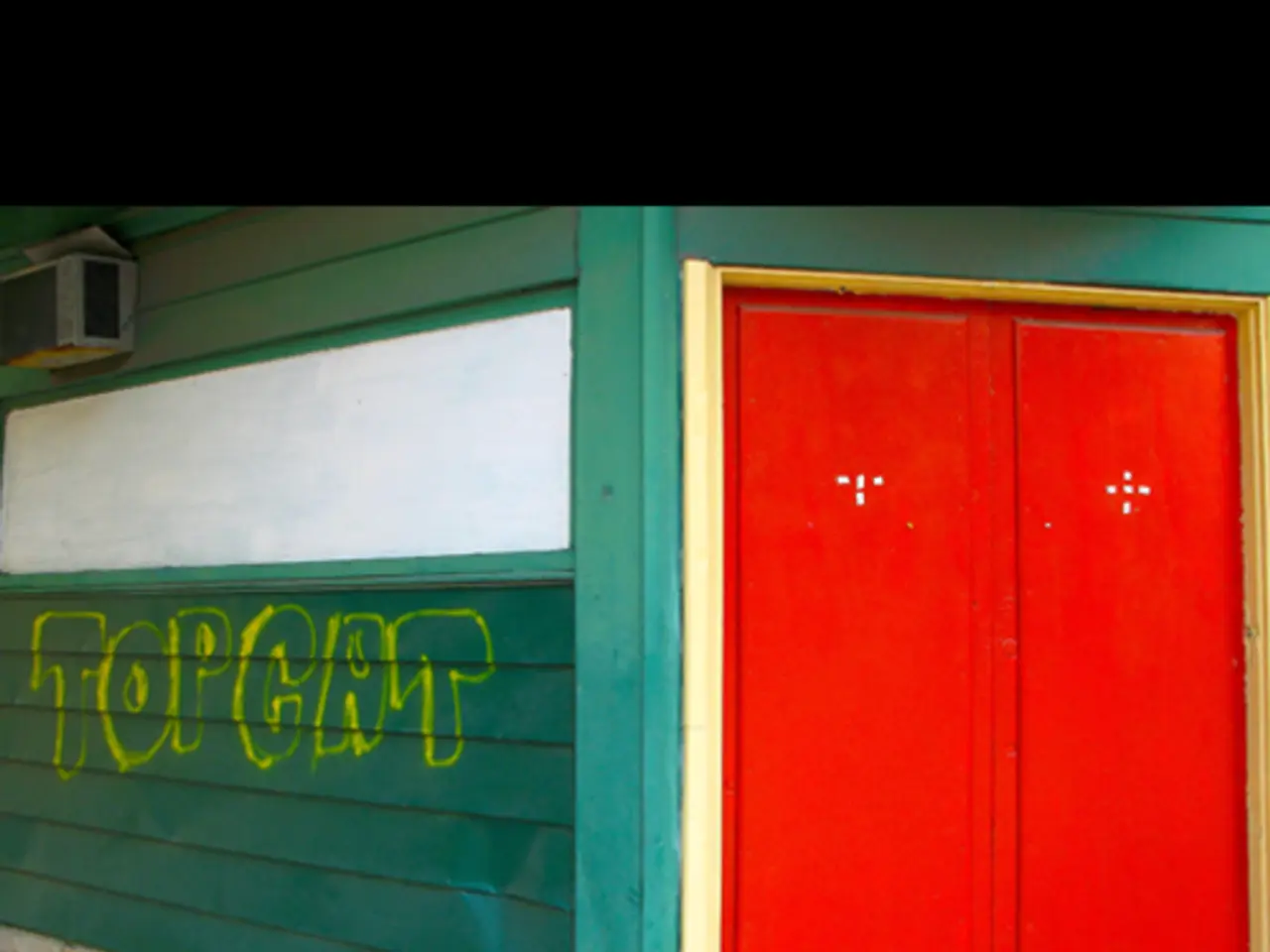Strategies for Developing an Effective and Successful Book Marketing Blueprint
In today's rapidly evolving publishing landscape, indie authors are finding success with a mix of core marketing channels that foster direct connections and engagement with readers. Here's a look at the optimal channels for indie authors in 2025:
- Author Website and Email Marketing
Building a robust author platform with a professional website and a well-maintained email list remains foundational for direct communication and long-term reader relationships. Email marketing is key because it reaches readers without gatekeepers or algorithms.
- Social Media Platforms Suited to Your Audience
While some indie authors are moving away from Facebook, platforms such as Instagram, TikTok, and Twitter provide powerful ways to share stories, book launches, and engage instantly with readers. TikTok, in particular, has become a major channel for book discovery.
- Book-Focused Communities and Networks
Joining or creating presence in reader groups, book clubs, or networks like Bold Authors Network can broaden reach and create authentic engagement.
- Content Marketing and Creative Outreach
Producing blog posts, podcasts, newsletters, or videos that offer value beyond the book itself helps build brand and reader interest. Leveraging tools like ChatGPT to create consistent, creative content can enhance this strategy.
- Reviews and Influencer Outreach
Connecting authentically with reviewers and influencers can help amplify reach and credibility. However, paid reviews have ethical complexities that should be carefully considered.
A successful marketing strategy involves a multi-channel approach that maximizes visibility, reader engagement, and sustainable growth. This includes making a list of 50-100 potential partners for outreach, reaching out to them with a value-first pitch, organising marketing strategies into a timeline, and adapting a timeline structure for each book.
The framework consists of preparing before marketing, choosing high-leverage strategies, and adapting a timeline structure for each book. It's worth running ads with only 10 reviews if the packaging is strong, but the author should start small and only scale once the book is converting.
Book promotions through services like Freebooksy, Bargain Booksy, The Fussy Librarian, BookSends, and Ereader News Today can generate sales and exposure. Marketing success is not about one tactic working; it's about testing, adjusting, and sticking with the system long enough to see results.
Optional tactics for marketing include giveaways, book bundles, and virtual events. Email marketing is a must-have for building long-term reader relationships and sales. Nonfiction authors often gain traction through guest appearances on podcasts in their niche.
The most successful indie authors have built sustainable rhythms they can maintain over time, including regular emails, periodic promos, small ad tests, and ongoing relationship-building. A 30-minute conversation on a focused show can be more effective than a viral tweet.
If an author is overwhelmed, they should pick just one thing to focus on. For example, starting an email list, planning the next promo, or improving their cover or blurb. Book promos should be run every 60-90 days, depending on the author's goals and catalog size.
Before launching a marketing plan, it is critical to have a budget in place, know the target reader, fix any issues with the book's presentation, understand the competition, define success realistically, and prepare promotional assets. If an author only has one book, that book is their brand for now, and they should focus on building awareness and collecting readers who will be there when book two shows up.
BookBub allows re-submissions every 90 days, so it's important to keep a standing reminder. Paid advertising on Amazon and Facebook can be scalable when done right, but should be tested carefully. Outreach and collaborations with influencers, authors, podcasters, and reviewers can help amplify a book's reach.
Depending on the niche and skillset, these tactics can supplement the core marketing strategy. A simple 4-week book marketing plan might include running a Freebooksy promotion, sending a newsletter about the sale, posting social media updates, launching $5/day Amazon ads, outreach to podcast hosts, writing a blog post related to the book topic, submitting to more promo sites, following up with Dream 100 contacts, and sharing reader review screenshots.
A website is not required before starting marketing, but having a way to reach readers (email is best) is essential. Social media is more effective when focused on one platform where the readers are already active. When running ads, it's important to treat them as research and refinement, not a quick win.
- Indie authors can broaden their reach on social media platforms like Instagram, TikTok, and Twitter, which offer powerful opportunities to share book launches and engage directly with readers.
- Amazon ads could be a promising supplement to an indie author's marketing strategy, given their scalable nature, yet they should be tested carefully to ensure effectiveness.
- In the world of book marketing, publishing tools such as Publisher Rocket can provide valuable insights to help indie authors navigate the market and optimize their strategies.
- For authors focusing on lifestyle-based books, such as fashion-and-beauty or food-and-drink titles, collaborating with influencers in these niches could be an effective way to amplify their reach and credibility.
- Home-and-garden books might find success by engaging with DIY and lifestyle bloggers and vloggers, as well as trending within relevant online communities to tap into a passionate reader base.




